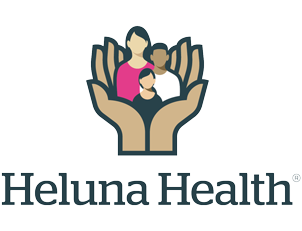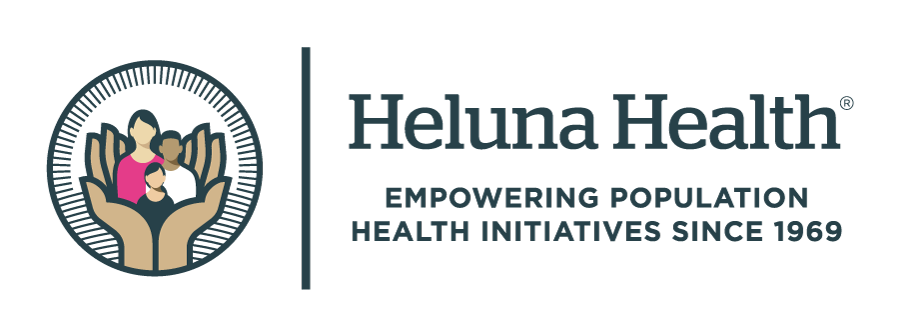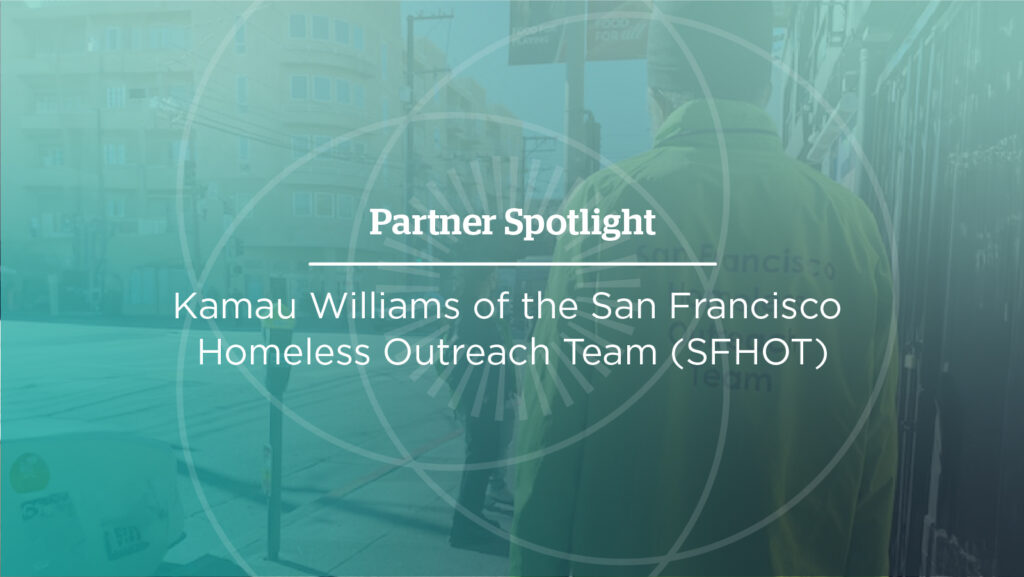Kamau Williams describes himself as “a very tall, fairly big guy, with a very soft heart.” He serves as Outreach Supervisor for the San Francisco Homeless Outreach Team (SFHOT), which for the last 20+ years has worked to engage and stabilize the most vulnerable individuals by building a rapport with homeless adults and connecting them with needed services.
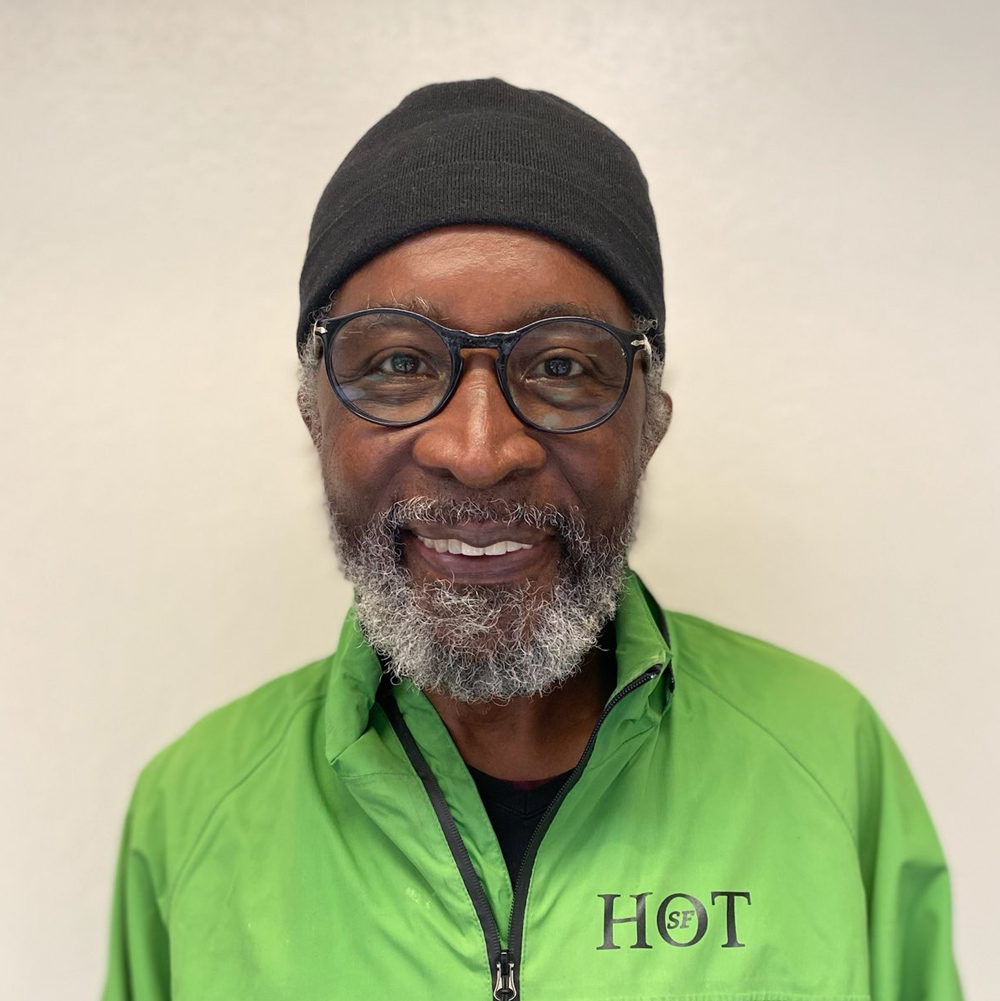
“I think there’s a lot of stigma attached to being homeless, and people look at them as like they’re worthless, like they’re hopeless, and oftentimes, they don’t want to have anything to do with them. Our role is to try to dignify that relationship, to recognize that they’re human beings,” says Williams, originally from Jamaica and who started as an outreach specialist with the organization nine years ago.
“Here we try to connect with people by building trust, by building relationships, that over time, bear fruit – services and support that can help them elevate themselves above the fray.” Those relationships, whether with individual clients, the Public Health Department, peer service providers, law enforcement agencies, or concerned citizens, are at the core of the work Williams and his team do seven days a week.
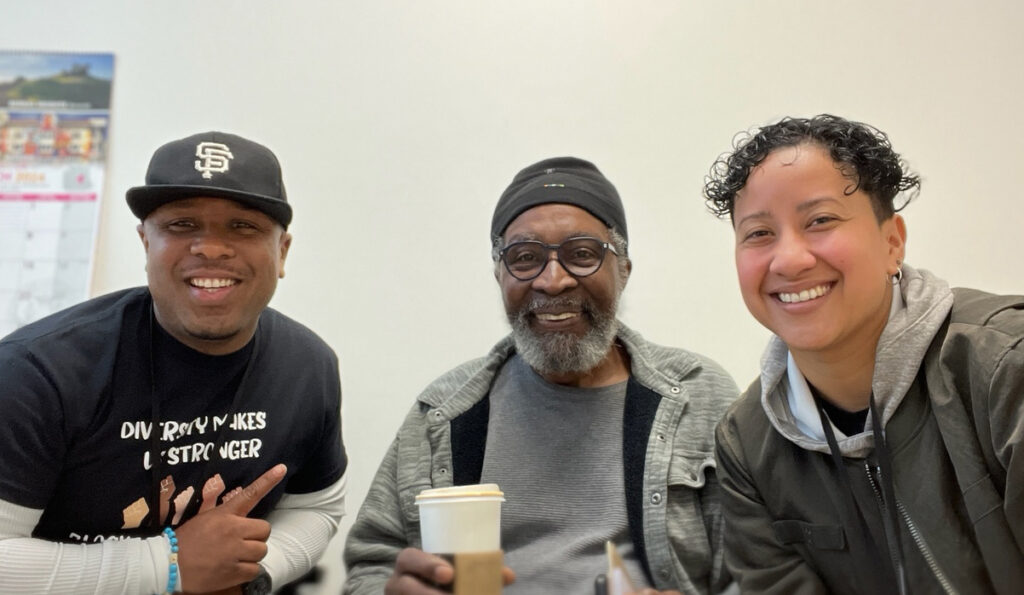
During the COVID-19 pandemic, their presence and commitment played a key role in protecting not only the city’s unhoused population, but everyone in San Francisco. Williams recalls the experience saying, “During that time, everyone was working remote from home, but our team was still in the streets, in the trenches. We were still going out there to continue to engage and support people. We became a conduit for information that was not very available, and people were not aware of things that they could actually do to stay safe…It was a courageous thing for us to do, and we didn’t back down.”
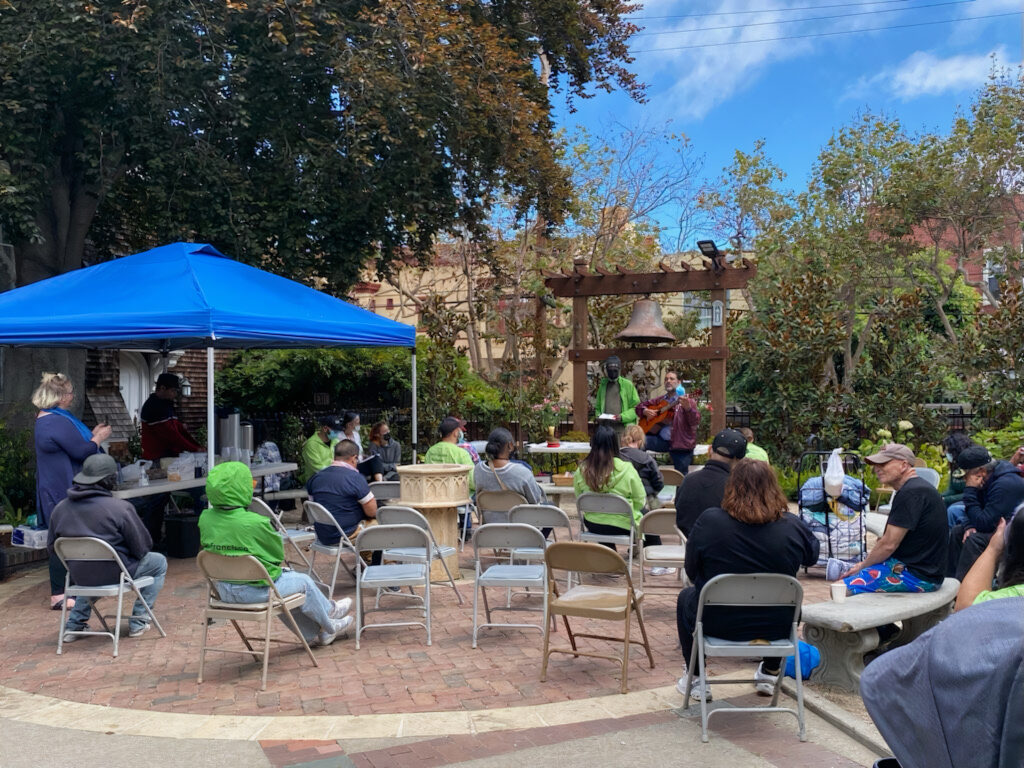
To help shine a spotlight on the issues surrounding homelessness, SFHOT works with other providers in the community to host an annual memorial for people who have died due to circumstances related to homelessness. “We usually have it on the 21st of December which is the first day of winter, the shortest day of the year, and the longest night. You know, each year is very fulfilling, but it’s also very sad. People get emotional, they cry. But that’s part of the process of letting go and dealing with the present.” For many of the individuals honored, this event is the only memorial they’ll receive. Williams says, “If I were to have a legacy, it would be the work that I’ve done holding space for this event. It is my hope that we can work towards a world where events like this are no longer necessary.”
